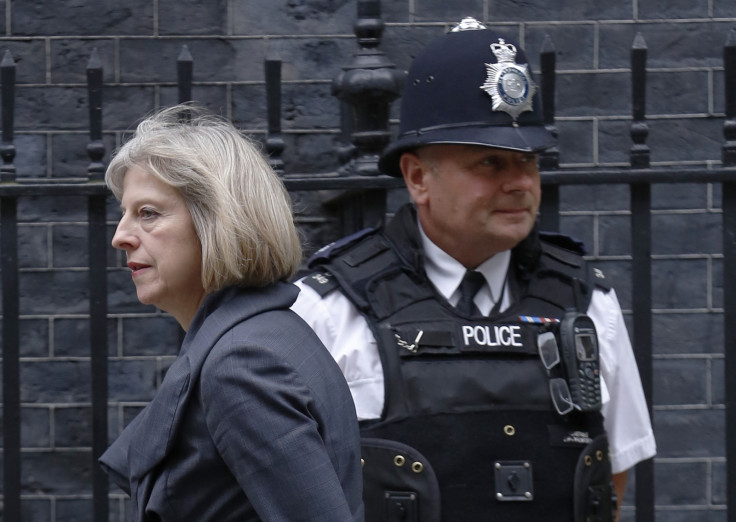Is the UK government spying on your MP?

Parliamentarians are worried the UK has been snooping on its MPs' communications and are taking the government to court Thursday.
Since 1966 the communications of MPs and peers have been considered barred from interception by police and security services under the Wilson Doctrine.
The rule was set up by then Prime Minister Harold Wilson after several MPs raised concerns their telephones were tapped by security services.
The new court case is "all in light of the Snowden revelations" said Green Party spokesperson Matthew Butcher. In 2013 Edward Snowden, a former US spy, revealed bulk surveillance in the UK is vacuuming up all of the phone and online communications of each of its citizens.
"The blanket surveillance of the communications of Parliamentarians could have a deeply chilling effect on our relationship with the public," said Green Party MP Caroline Lucas, one of the officials bringing the case. "Parliamentarians must be a trusted source for whistle blowers and those wishing to challenge the actions of the government."
The government's Investigatory Powers Tribunal will hear the case Thursday.
Lucas, Baroness Jenny Jones of Moulsecoomb, and George Galloway all have their names attached to the case, but their concerns are more widely spread in government.
After the Scottish referendum the SNP's chief of staff wondered aloud online whether his communications, often relayed between party members and journalists, were being monitored.
Good chance my emails to 'defence journalists' hacked by GCHQ. Hacked for holding Government to account. http://t.co/Zj1Lq8daoO
— Luke Skipper (@LJ_Skipper) January 20, 2015
In 2014 it was revealed that conversations between MPs and prisoners were recorded without their knowing from 2006 to 2012.
Conservative MP David Davis has spoken out about the recent targeted interception of legally privileged communications between lawyers and their clients by intelligence services GCHQ and MI6.
Last week he and fellow MP Tom Watson won a case against the Data Retention and Investigatory Powers Act (Dripa) 2014. It ruled the retention of mass surveillance data, including MPs communications, is "inconsistent with European Union law".
On 15 July, Home Secretary Theresa May said that "obviously, the Wilson Doctrine applies to parliamentarians" but that "there is a certain set of rules and protocols that have to be met if there is a requirement to use any of these powers against a parliamentarian".
Lucas and Jones believe there is need of "urgent clarification on the scope of the Wilson Doctrine" in light of what has been going on.
Before a parliamentary committee on 4 November 2014, then interim Interception of Communications Commissioner, Sir Paul Kennedy, said that the privilege of protection for MP communications "ought to be abrogated" and that the law no longer applied at all.
When asked whether authorities were tasked with targeting surveillance of MPs, he said "you don't always know the name" of who is being targeted. Kennedy also pointed out that just 10% of warrants are judicially reviewed.
Lucas and Jones said they believe that if there is grave misconduct in public office that MPs should come under investigation, but that judges need to sign off on any surveillance.
But "there is a clear public interest," said Baroness Jones, "in protecting the communications of Parliamentarians from unnecessary surveillance."
© Copyright IBTimes 2025. All rights reserved.






















